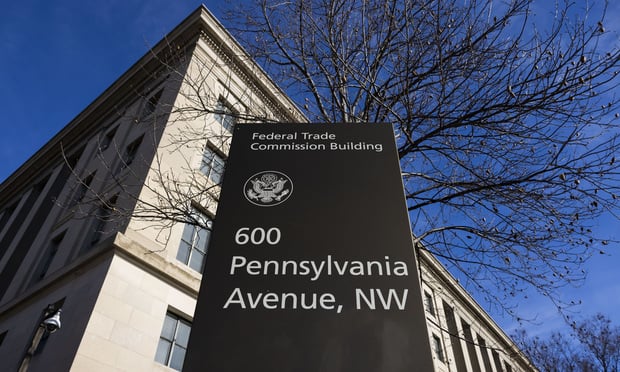Have you had this experience? One of your members, fresh from the airport, angrily explains that your credit union's card is useless in Europe. A growing number of credit unions are hearing it. Those of you with a large number of members living or traveling abroad may already be doing something about it. A handful of institutions are already getting onboard and issuing chip cards.
I believe the U.S. switch to EMV (Europay, MasterCard, Visa) smart cards is inevitable. The only question is how quickly it will happen and at what point it will become cost-effective for you to join the trend. As mentioned, the first trickle in the flood is the members who travel or live abroad. Admittedly, this is a small percentage of all credit union card users, but I'm guessing that members who travel internationally for business are not ones you want to ignore.
There are other change factors at work. It's on the merchant side that much of the heavy lifting has to happen. Merchants must bear the expense of changing their card readers. Big box stores like Walmart, Best Buy and Home Depot have already made the switch, along with many merchants along the Canadian/U.S. border. But what about everyone else?
For everyone else Visa has added an incentive. Beginning in October of this year, Visa has eliminated the annual PCI compliance hurdle for merchants that have had at least 75% of their transactions coming through chip-enabled terminals in the prior year. These terminals will also have to support contactless chips and mobile near field communication technology. Visa is also mandating that acquirer processors support merchant acceptance of chip transactions by early in 2013.
The inclusion of NFC mobile technology in Visa's requirements is important. We are all witnessing the huge and ever-growing shift to mobile. EMV cards are going to ride in on the wave with mobile payments. It will be part of the technology shift and quite possibly the most influential factor in bringing EMV to the U.S.
Relief from annual PCI validation is Visa's financial carrot held out to merchants. Beginning in 2015, it also adds a stick. Visa will begin shifting more liability for counterfeit card-present POS transactions to merchants who are not using chip card readers.
You can see the seeds of change here. Visa is prodding merchants, and will probably be joined by the other major card companies. Issuers have an incentive, too, via interchange. Little by little, the momentum will build until eventually the U.S. joins the rest of the world in the acceptance of this technology.
We shouldn't forget the benefits on the fraud side – the actual reason behind EMV cards. According to EAST, (European ATM Security Team), ATM fraud dropped by 14% in Europe in 2010. This is largely a result of chip technology. As the rest of the world gets extra skimming protection, our country could become the natural target of skimming fraudsters. An increase in skimming here could offer yet another incentive for both merchants and issuers to jump on the bandwagon.
The change is coming, and for issuers, it will be most costly for the largest banks. Here is an area where more nimble credit unions can take the lead. Right now a couple large banks (JPMorgan Chase and Wells Fargo) are beginning to offer EMV cards for their traveling cardholders. Small credit unions can match this benefit for their own business and vacation travel members with minimal expense. I can tell you that JHA Payment Processing Solutions has already had more than a dozen clients inquire about chip cards.
This brings us back to a question I asked earlier. When is it cost-effective to begin offering chip cards to your members? To sum up what I've been saying, it will depend one or a combination of factors:
The number of world travelers among your members.
- How quickly Visa's requirements persuade a critical mass of merchants to switch their card readers.
- The size of consumer demand for NFC readers for mobile phone purchases.
- A possible increase in losses due to skimming.
I can't read tea leaves better than anyone else, but it seems obvious that the transition is beginning. Credit unions ought to have this change on their radars. For some there may be an immediate competitive advantage.
John Postle is general manager of JHA Payment Processing Solutions at Jack Henry & Associates Inc. in Monett, Mo.
Complete your profile to continue reading and get FREE access to CUTimes.com, part of your ALM digital membership.
Your access to unlimited CUTimes.com content isn’t changing.
Once you are an ALM digital member, you’ll receive:
- Breaking credit union news and analysis, on-site and via our newsletters and custom alerts
- Weekly Shared Accounts podcast featuring exclusive interviews with industry leaders
- Educational webcasts, white papers, and ebooks from industry thought leaders
- Critical coverage of the commercial real estate and financial advisory markets on our other ALM sites, GlobeSt.com and ThinkAdvisor.com
Already have an account? Sign In Now
© 2024 ALM Global, LLC, All Rights Reserved. Request academic re-use from www.copyright.com. All other uses, submit a request to [email protected]. For more information visit Asset & Logo Licensing.









